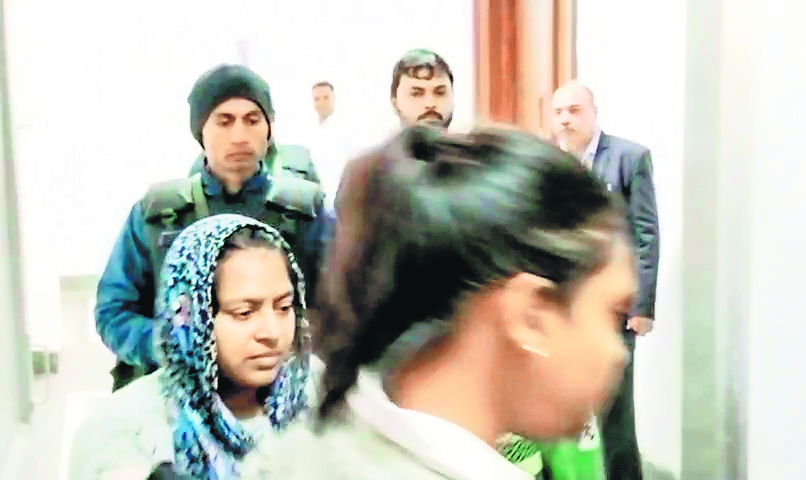The audit is likely to cover buildings like South Block, North Block, Shastri Bhawan, Udyog Bhawan, Jawaharlal Nehru Bhawan, Nirman Bhawan, Krishi Bhawan and Lok Nayak Bhawan.
Amid heightened security concerns following the Parliament breach, the Central government is planning a massive security audit of its top six dozen buildings in the heart of Lutyens’ Delhi which are currently secured by the Secretariat Security Organisation and unarmed civilian force Secretariat Security Force.
The security review is aimed at securing buildings housing Central government offices, at least, till the time the new three Common Central Secretariat buildings come up near Dr Rajendra Prasad Road as part of the on-going Central Vista project.
The fresh security audit is likely to cover buildings like South Block, North Block, Shastri Bhawan, Udyog Bhawan, Jawaharlal Nehru Bhawan, Nirman Bhawan, Krishi Bhawan and Lok Nayak Bhawan.
A bigger role for central police organisations like the CISF and CRPF is expected in guarding these buildings once the security audit is completed, said an official.
The audit is likely to throw up new security strategies for the buildings that have been divided into three -categories – A,B,C – depending upon the security arrangement and threat perception. Category A represents the highest level of threat with the security issues of these buildings being “highly sensitive” . security at Category B buildings is “sensitive” and Category C buildings have security issues that would be “least sensitive”.
At present, personnel of CISF’s dedicated unit – Government Building Security – are responsible for the armed security of the government buildings that are located in the National Capital within a 15-km radius, an official said.
The Rail Bhawan is manned by the Railway Protection Force.
The reception desks and the procedures related to entry into buildings using passes are handled by the Secretariat Security Force that is a civilian unarmed unit. The force is controlled by the Secretariat Security Organisation that drafts policies and executes them for controlling access to government buildings.
“SSF personnel issue visitors’ passes at reception desks in government buildings and maintain a record of all guests. A pass, allowing a visitor to enter a building, is issued only after an officer of a pre-determined level in the office gives a go-ahead to the receptionist,” the official said.
The fresh safety audit of these 72-odd buildings has been ordered in the backdrop of major security breach at the new Parliament on December 2023 – the anniversary of 2001 Parliament terror attack.
Two intruders, claiming themselves to be activists, had jumped down from the visitors’ gallery into the MPs’ seating area; sprayed yellow smoke from canisters that one of them had concealed in his shoe and brought into Parliament premises.
Soon after the Parliament security breach, the Ministry of Home Affairs set up a committee

